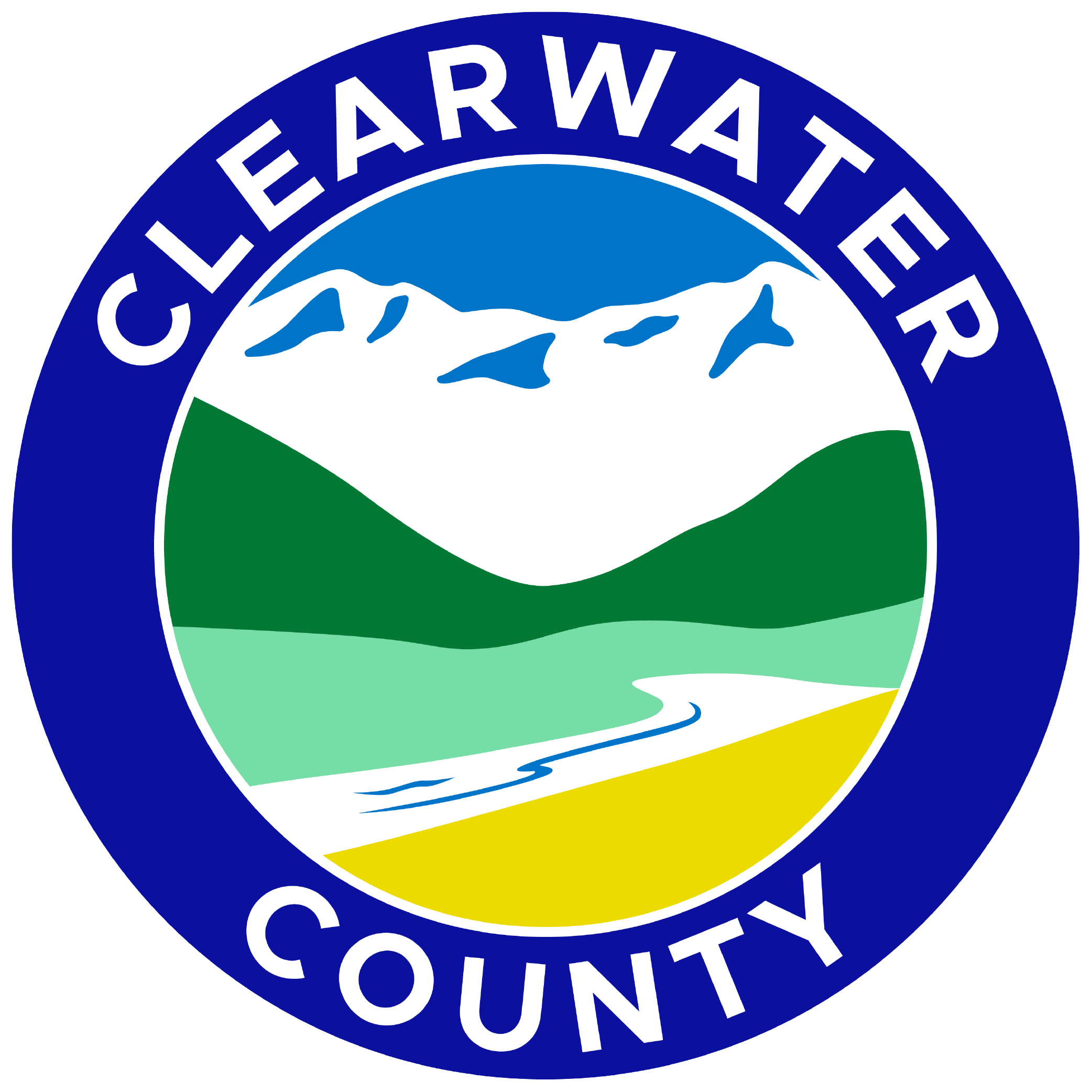Meet Sasquatch

- Promoting responsible use of the natural areas of the west country including preserving aquatic habitat and the integrity of sensitive areas
- Mitigating the risks related to random camping near well sites and use of pipeline rights-of-way
- Keeping recreational activities compatible with industry and environmental stewardship
- Finding positive solutions to some of the challenges that arise when industry and recreation intersect in the west country.
- Sasquatch’s message of respect and ecological stewardship in the west country focuses on building a sense of community pride and ownership by residents, workers and visitors that will be effective and sustainable in the long term.
- Pack out all garbage and recycling.
- Control your campfire and make sure it is out when you leave.
- Keep campsites a minimum of 50 meter's from oil and gas facilities.
- Stay on existing trails and share trails with others.
- Respect wildlife and the upland and lowland areas where they live.
- Respect livestock such as cattle and horses.
Lookout for Sasquatch

Leave No Trace
Enjoy the forests, foothills and mountains connected by the rivers, streams and lakes of the west country, but please enjoy these beautiful landscapes with respect so that others may experience them tomorrow.
Random camping and trail use in the west country is a unique opportunity. Visitors enjoy unparalleled scenery and diverse recreation experiences. The benefits brought to the local economy are greatly appreciated. Our recreational choices are important, as natural landscapes are easily damaged, especially in wet conditions.

Dispose of Garbage Properly:
- Trash ruins the park for everyone. Remember to pack out your garbage.
- Litter attracts wildlife and increases wildlife-human conflict.
- Leaving trash in bear caches and bear hangs can damage these facilities and prevent others from using them.
- Treat your campsite like your home. If you aren’t around, your food shouldn’t be either.
- Store all wildlife attractants like food and smelly items, including things like deodorant and toothpaste, in a hard-sided vehicle, trailer, bear cache or bear hang.
- The fire pit is not a garbage can.
- Pack out all garbage, recyclables, and organics. Organic matter can attract wildlife.

Properly Extinguish Campfires. Soak It. Stir It. Soak It Again:
- Let the fire burn down before you plan on putting it out
- Spread the embers within the fire pit, then add water or loose dirt, and stir
- Expose any material still burning. Add more water and stir again until you can no longer see smoke or steam
- Do not bury your fire as the embers may continue to smolder and can re-emerge as a wildfire
- Repeat until your campfire is cool to the touch
- If your fire is out, you should not be able to feel any heat from the ashes

Pick an Appropriate Campsite in the Back Country:
- Durable site (rocks, gravel and sparse vegetation)
- Not on a pipeline right-of-way
- Use an existing campsite if possible
- At least 50 meter's back from oil and gas facilities (pipeline markers, risers and compressor stations)
- Do not block trails or industry land use
- At least 60 meter's back from lakes, rivers and streams
- Wherever you choose to camp, always remember to leave no trace

Clearwater Trails Initiative
The Clearwater Trails Initiative (CTI) is a friend of Sasquatch, working to help random campers and recreational motorized vehicle users find safe, environmentally-friendly places to enjoy in the West Country. Click here to learn more about CTI including summer trail maps.
- Location – If possible, provide the legal land location; otherwise, provide the general location of the emergency
- Description of the emergency or complaint – Describe the impact or nature of the emergency or complaint
- Source of the emergency or complaint – Are you aware of or were you able to determine the source of the emergency or complaint? If not, can you describe what type of industrial activity is in the area (i.e., oil and gas, agriculture, manufacturing, etc.)?


